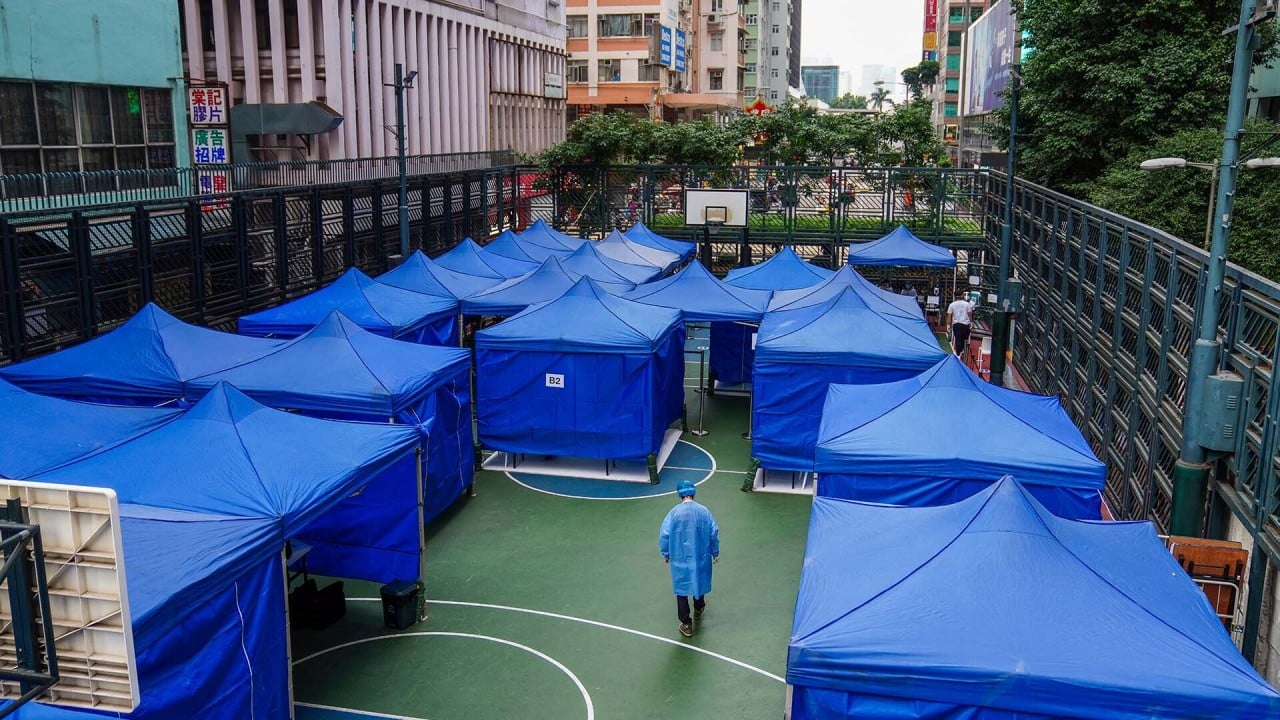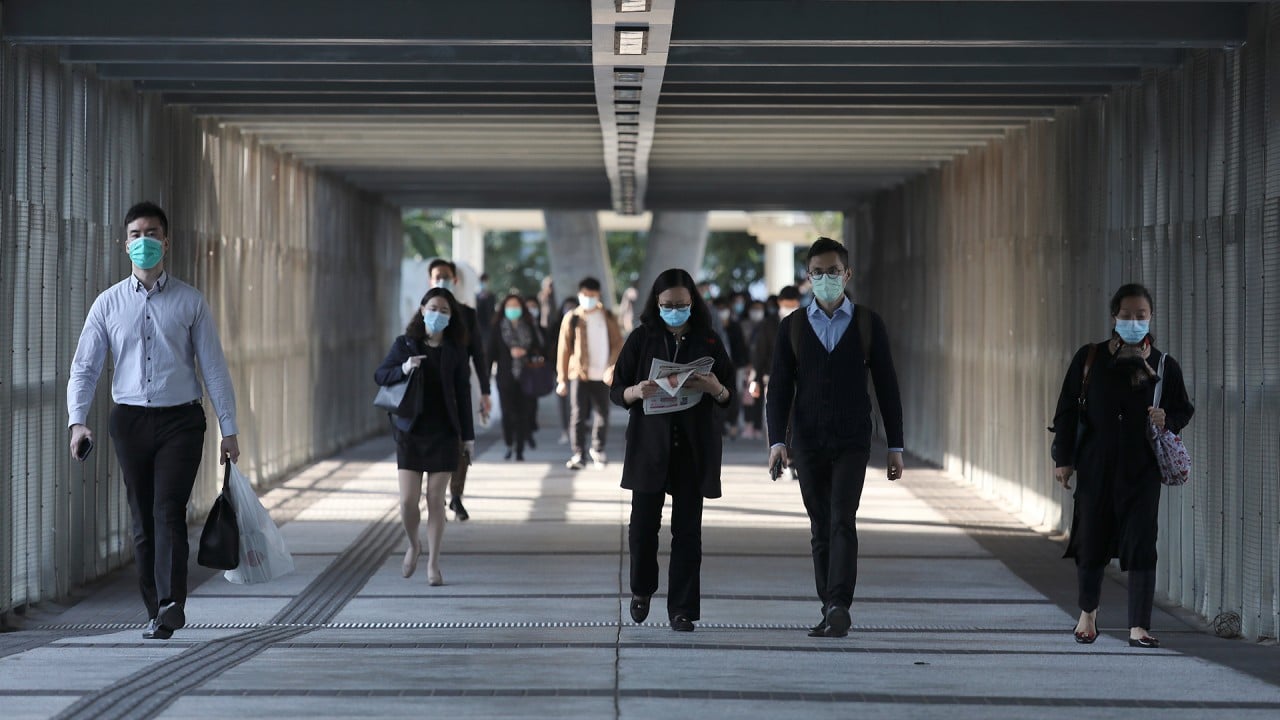
Hong Kong shop owners seek higher prices after scrapping of double stamp duty
- Buyers are also more willing to meet sellers at higher price points as cancelled duty lessens financial burden
- Sales of non-residential units rose 30.6 per cent month on month in December
Hong Kong shop owners are more likely to stand firm on asking prices, as they expect investors to flood the market after the city scrapped the double stamp duty for non-residential property, investors and property agents said.
Buyers are also willing to settle at higher price points since their total expense will still be lower than before the duty reverted to its original rates on November 26 last year, said Dennis Cheng Tak-ming, a senior sales director at Ricacorp (CIR) Properties.
“Buyers will think – in the past, I had to pay 4.25 per cent more, or about HK$1 million [US$130,000], for a transaction of HK$40 million. But now, I’m willing to pay an extra HK$500,000 or HK$700,000 for the property,” Cheng said. “They will do this calculation now.”

02:02
Fourth wave of coronavirus cases in Hong Kong prompts tougher Covid-19 measures
Buyers will also be enthusiastic because a typical transaction takes four to six months to complete, and properties sold now will change hands in the second quarter of this year, just in time for a full economic recovery in early 2022, Cheng said. Owners are also using this opportunity to sell shops in less popular areas and to buy those in more profitable ones, and they were not afraid of selling cheap, he added.
Shop owners that stood firm on asking prices soon after the heavier tax was removed, softened their stance a bit after Hong Kong’s fourth wave of coronavirus infections struck a few days later, said Edwin Lee, chief executive of Bridgeway Prime Shop Fund Management and an active investor in shops.
“In December, sellers got impatient and were willing to lower their prices. Buyers were also willing to settle at a higher price in light of the lower stamp duty. That’s why there were so many transactions,” he said. Transactions were completed more swiftly, with both parties willing to be more flexible, he added.

02:15
Hong Kong tightens social-distancing measures to cope with fourth wave surge of Covid-19 cases
Chan said he had seen 20 per cent more inquiries, but not a significant increase in transactions, as the measure was implemented not long ago, and December was a holiday month with Christmas and the New Year.
By contrast, the market for parking spaces has seen a boom in sales, especially motorcycle parking bays, and those valued at a few hundred thousand dollars, due to their room for appreciation, said Ricacorp’s Cheng.
More than 10 motorcycle parking bays at China Shipbuilding Tower were sold within days this month at about HK$250,000, according to Cheng and the Land Registry. “Even if the parking spaces only grow in value by HK$100,000, it’s very significant. It’s worth the risk, and they are easy to let out,” he said.

